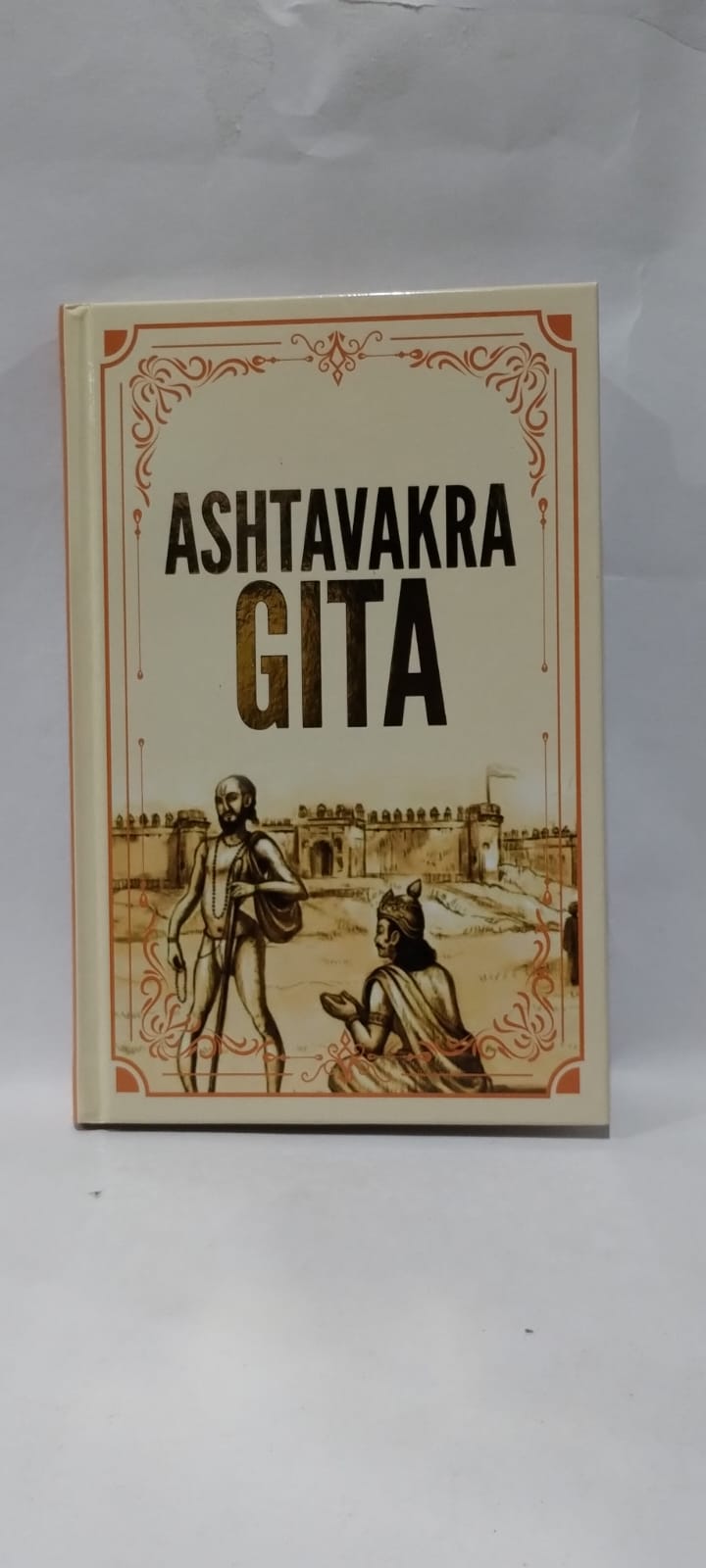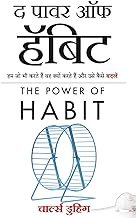Description
The “Ashtavakra Gita” is a sacred Hindu scripture attributed to the sage Ashtavakra. It is a dialogue between Ashtavakra and King Janaka, a philosopher-king in ancient India. The text is written in the form of a conversation between the two characters and consists of 20 chapters.
The “Ashtavakra Gita” is considered a profound and advanced spiritual text, focusing on the nature of reality, self-realization, and liberation (moksha). It offers teachings on non-duality (advaita), emphasizing the ultimate unity of the individual self (atman) with the universal consciousness (Brahman).
The dialogue between Ashtavakra and King Janaka covers various topics, including the illusory nature of the world, the importance of self-knowledge, the transient nature of the body and mind, and the need to transcend dualities such as pleasure and pain, gain and loss, and praise and blame.
The “Ashtavakra Gita” is highly regarded in Hindu philosophy and has been studied and revered by spiritual seekers and scholars for centuries. It is considered a classic text on the path of self-realization and has inspired numerous commentaries and interpretations by spiritual teachers and philosophers.













1 review for Buy Ashtavakra Gita (hardcover)
There are no reviews yet.